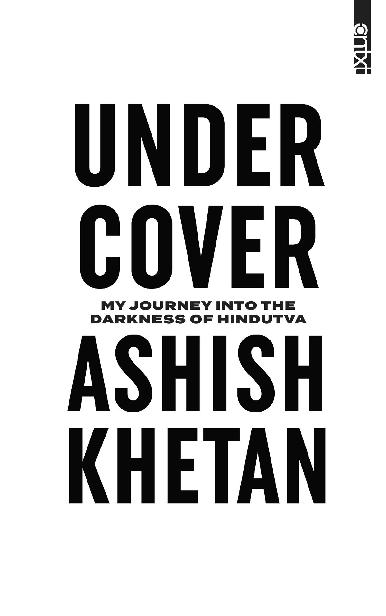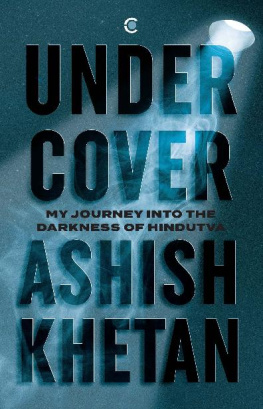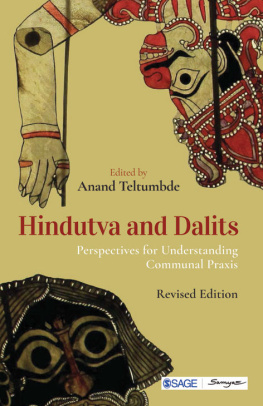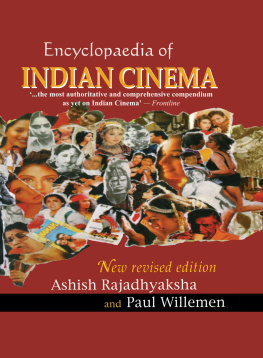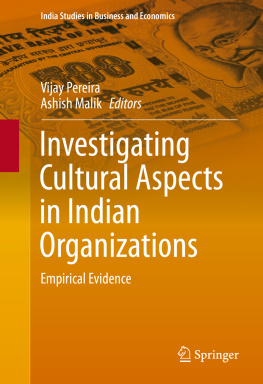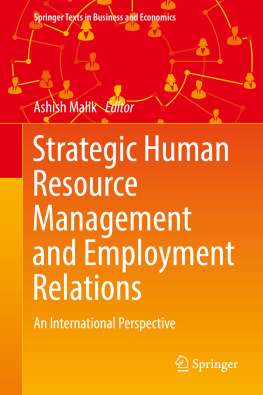First published by Context, an imprint of Westland Publications Private Limited, in 2020
1st Floor, A Block, East Wing, Plot No. 40, SP Infocity, Dr MGR Salai, Perungudi, Kandanchavadi, Chennai 600096
Context, the Context logo, Westland and the Westland logo are the trademarks of Westland Publications Private Limited, or its affiliates.
Copyright Ashish Khetan, 2020
ISBN: 9789389152517
The views and opinions expressed in this work are the authors own and the facts are as reported by him, and the publisher is in no way liable for the same.
All rights reserved
No part of this book may be reproduced, or stored in a retrieval system, or transmitted in any form or by any means, electronic, mechanical, photocopying, recording, or otherwise, without express written permission of the publisher.
The Big Nurse is able to set the wall clock at whatever speed she wants by just turning one of those dials in the steel door; she takes a notion to hurry things up, she turns the speed up, and those hands whip around that disk like spokes in a wheel. The scene in the picture-screen windows goes through rapid changes of light to show morning, noon, and nightthrob off and on furiously with day and dark, and everybody is driven like mad to keep up with that passing of fake time; awful scramble of shaves and breakfasts and appointments and lunches and medications and ten minutes of night so you barely get your eyes closed before the dorm lights screaming at you to get up and start the scramble again, go like a sonofabitch this way, going through the full schedule of a day maybe twenty times an hour, till the Big Nurse sees everybody is right up to the breaking point, and she slacks off on the throttle, eases off the pace on that clock-dial, like some kid been fooling with the moving-picture projection machine and finally got tired watching the film run at ten times its natural speed, got bored with all that silly scampering and insect squeak of talk and turned it back to normal.
Ken Kesey, One Flew Over the Cuckoos Nest
Twelve-year-old Azar Mody loved cricket. On 24 February 2002, his team had won a match played in the cantonment area in Ahmedabad. Afterwards, they made offerings of sweets and coconuts at the citys famous Shree Camp Hanumanji temple. Ajju as his friends and family called him, brought home some sweets and a coconut for his mother Panaz, called Rupa by his father and Rupaben by neighbours and friends. Ajjus life was happy and relatively comfortable. His father, Darabhai, worked as a projector technician at a local cinema hall. Ajju would often tag along with his father to the theatre to watch films. The day before, on 23 February, it had been Bakr-Eid. Although the Modys were Parsis, they lived in a predominantly Muslim housing society called Gulbarg. Ajju had gone around the smart flats and spacious houses of the society to say Eid mubarak to his friends and neighbours, stopping occasionally to taste the sweets and biryani on offer.
Later that week, on 28 February, Ajju got an unexpected day off from school because of the Gujarat bandh called by the Vishwa Hindu Parishad (VHP). He and his younger sister, eleven-year-old Binaifer, were glad, although they knew that something unpleasant had happened the day before. A train had burnt down. People had died. Still, Ajju could not help but be excited that he could stay home and watch WWF, the other sport he loved. Rupa had made a Gujarati favourite, muthia, for Ajju and his friends from the society to share. Ajju was a popular boy and always had friends over to play.
The Modys neighbour, Shahzad, who lived in the apartment below, had advised Dara not to go to work that day because the city seemed on edge. Dara did not think it would be such a big deal, so he left for the theatre as usual, at around 9.30 a.m.
An hour later, a violent mob surrounded Gulbarg Society. Frightened, Rupa took Ajju and Binaifer to former member of parliament (MP) Ehsan Jafris bungalow, situated in the same compound. Jafri was a man of considerable influence, he would know whom to call. But with every passing minute, the mob seemed to grow and become more violent. By the afternoon, the rioters were hurling stones and burning projectiles, gas cylinders and Molotov cocktails. Rupa knew there was nothing Jafri could do to keep anyone safe. Like much of the neighbourhood, his house was on fire too. At around 2 p.m., the mob had got its hands on Jafri, seizing him and tearing him apart. Rupa, her children, and a few other women and children from the neighbourhood were still hiding in the kitchen at the back of Jafris house. When the fire spread to the kitchen, Rupa ran towards the terrace. She was holding Binaifers hand and Binaifer was holding Ajjus hand. As they ran through the smoke and fire, Rupa tripped. Binaifer let go of her brothers hand to help her mother get to her feet. That was the last either of them would see of Ajju.
Rupa had burnt her hands and face in the fall. All around her, people were collapsing, as thick smoke bellowed from the burning houses, making it hard to breathe and even harder to see. The mob was still hurling stones, bottles and burning rags over the walls of Jafris house. Rupa was hit by flying bottles a couple of times. But she kept going, making sure she had hold of Binaifers hand, and calling out for Ajju. She thought maybe he had made it to the terrace already, but when she and Binaifer got there, he was nowhere to be seen. She turned to go back down to look for him, but the others seeking refuge there told her to stay put. Going back might tip off the Hindu mob that there were people hiding on the terrace.
Rupa and Binaifer survived what came to be known as the Gulbarg Society massacre, one of the most violent and horrifying episodes of the Gujarat riots. But Ajju was never found. In the last eighteen years, Rupa and Dara have put up hundreds of posters and distributed pamphlets with the last picture they had of Ajju in his school uniform and holding up an Indian flag. The picture was taken on 26 January 2002, just a month before the riots. Some of Daras friends in the cinema business used their influence to have the posters pasted alongside those advertising hit movies. Dara and Rupa also put up posters at railway stations, bus stands and police stations. Rupa went around morgues, burn wards and every hospital in town, looking for her son. She looked at hundreds of bodies. Some of them were so charred that it was difficult to recognise they had once been human. She would focus on the feet. Ajju was a big boy and had large feet. Every few months, he would grow out of his pants and I would have to get a new pair stitched for him. His feet were bigger than even Daras, Rupa said to me in August 2020 when we spoke on the phone. She said that she had not given up; that the hope of finding Azar gave her purpose, kept her alive. Ajjus schoolteachers tell me that he was so naughty that he must have run away. One day, he will come back, just like that.

